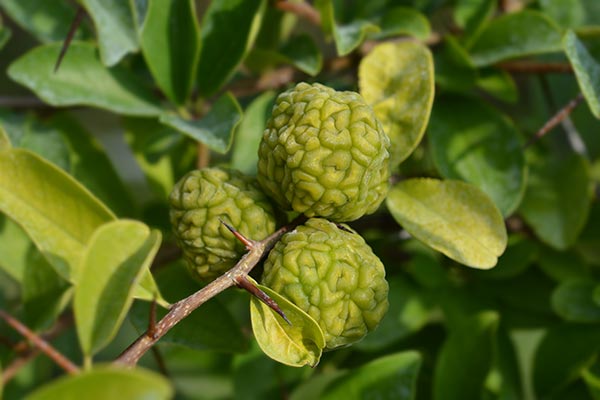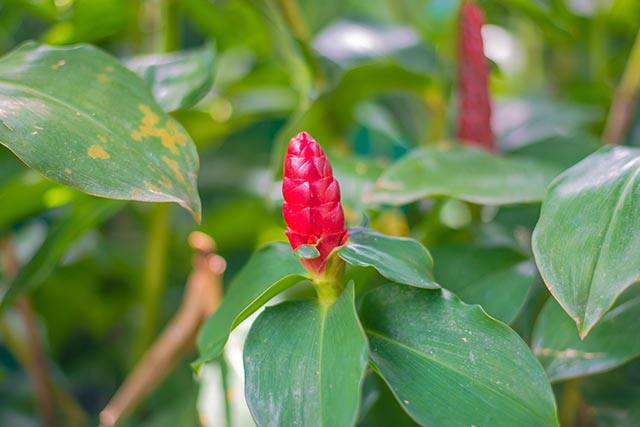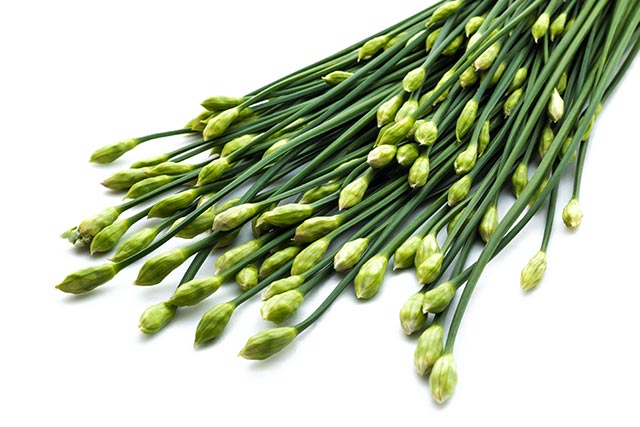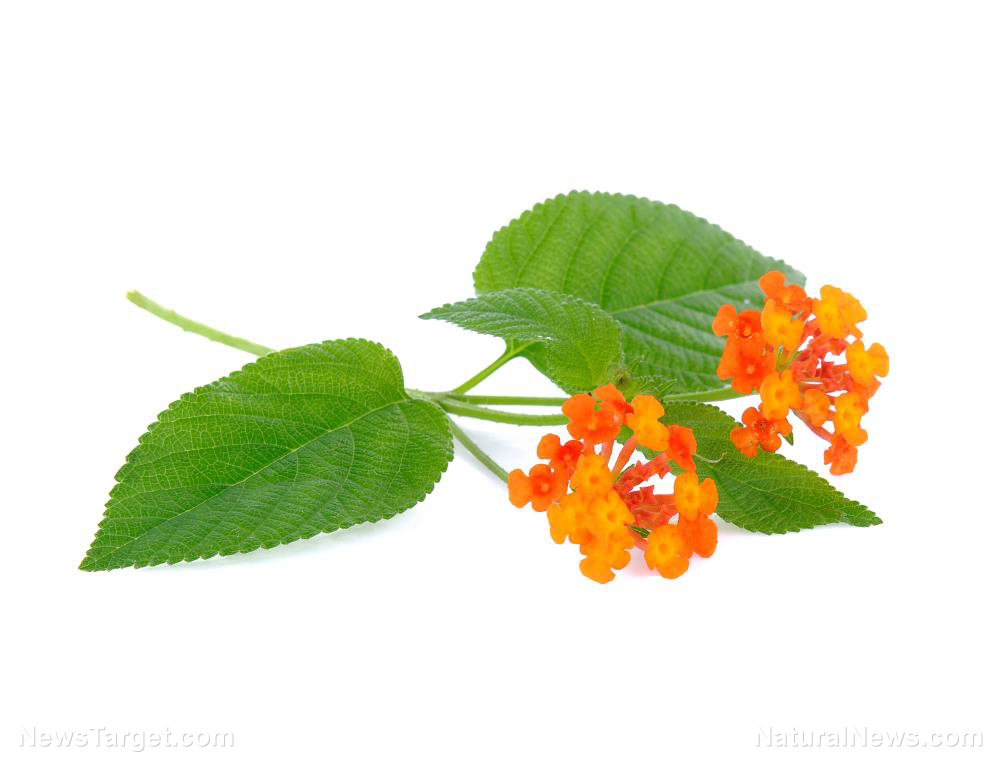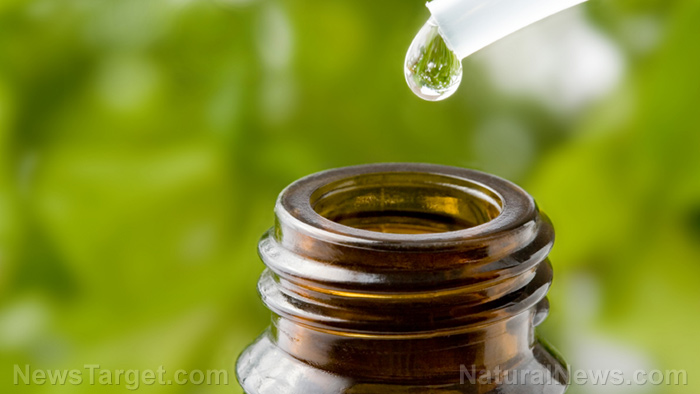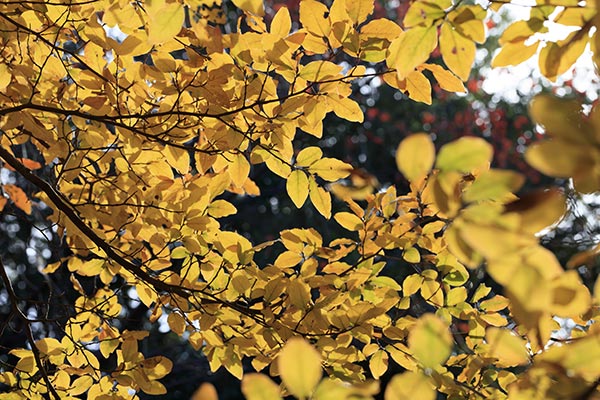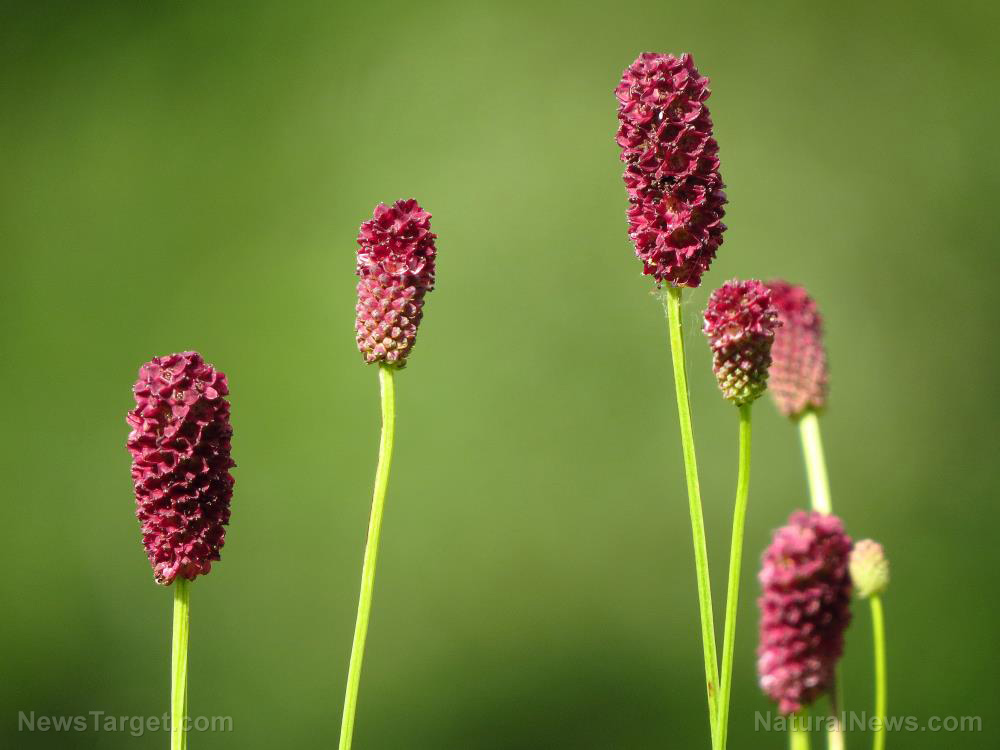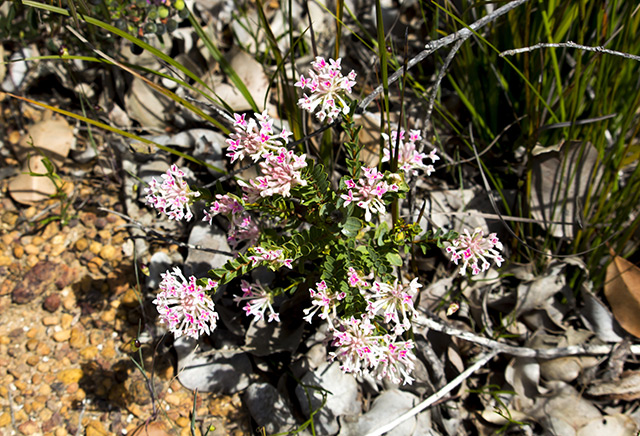Ginseng, jujube, gingko and astragalus all found to have antioxidant and anti-tumor effects
09/12/2019 / By Michelle Simmons

Oxidative stress is known to play a role in the development of diseases, including chronic inflammation and cancer. Emerging evidence suggests that antioxidant therapy can play a crucial role in treating those diseases. A study published in The American Journal of Chinese Medicine revealed that medicinal plants – including matrimony vine (Lycium barbarum), ginseng (Panax ginseng), jujube (Zizyphus jujuba), freckled milkvetch (Astragalus lentiginosus), and ginkgo biloba – have antioxidant and anti-tumor properties.
Polysaccharides from plants are potential resources for antioxidant therapy. They have a long history of use in traditional medicine, are widely available, and do not have any adverse effects when consumed. In addition, previous laboratory and clinical studies have shown that plant polysaccharides possess antioxidant, anti-inflammation, cell viability promotion, immune-regulation, and anti-tumor effects in numerous disease models.
In the current study, researchers from Jinan University and Shenzhen Third People’s Hospital in China looked at the antioxidant and anti-tumor properties of polysaccharides from the mentioned medicinal plants. They also identified the signaling pathways involved in the initiation and progression of diseases associated with oxidative stress and cancer.
The researchers found that these plant polysaccharides have great potential to fight oxidative stress and cancer-related disorders in cell models, animal disease models, and clinical cases. In addition, these polysaccharides treat oxidative stress and cancer through reactive oxygen species (ROS)-centered pathways and transcription factor-related pathways – with or without the further involvement of inflammatory and death receptor pathways. Some of the polysaccharides may also affect tumorigenic pathway to play their anti-tumor roles.
The search for alternative cancer treatments is important because current chemotherapeutic drugs come with serious side effects, such as alopecia, anemia, fatigue, fertility issues, immunodeficiency, neurological problem, peripheral neuropathy, and more.
A 2019 review published in the journal Carbohydrate Polymers suggested using polysaccharides as anti-cancer agents. In it, researchers focused on polysaccharides studied within the last five years, their proposed mechanism of action, and their anti-cancer activity in comparison with drugs used in conventional anti-cancer chemotherapeutic regimen.
Polysaccharides have exhibited good anti-cancer activity across a variety of cancer cell lines and can be developed as alternatives to existing cancer chemotherapeutic agents. They also possess selective activity against tumor cells with minimal toxic side-effects.
The researchers, who were from Dr. Bhanuben Nanavati College of Pharmacy in India, wrote that polysaccharides isolated from plants, fungi, microorganisms, and marine sources have been shown to act on cancer cells, mainly by inducing programmed cell death. They also kill cancer cells and prevent the spread of cancer cells by acting on DNA damage, cell cycle arrest, disruption of mitochondrial membrane, and production of nitric oxide.
Other natural approaches to manage cancer
Listed below are some alternative cancer treatments that have shown some promise in benefiting people with cancer:
- Acupuncture: Acupuncture has been shown to relieve nausea caused by conventional cancer treatments. It may also ease pain in people with cancer.
- Aromatherapy: Certain essential oils used in aromatherapy have a calming effect, while some help with nausea, pain, and stress.
- Music therapy: Cancer patients may benefit from music therapy because it helps relieve pain and reduce nausea and vomiting. Music therapy is not just listening to music, but also playing instruments, singing songs, or writing lyrics.
- Tai chi: Tai chi is a gentle form of exercise that involves light movements and deep breathing. Because of its slow movements, it does not require great physical strength. This exercise has been reported to help reduce stress in people with cancer.
Visit AntiCancer.news to learn more about plant polysaccharides and other natural cancer treatments.
Sources include:
Tagged Under: alternative treatment, anticancer, antioxidants, antitumor, cancer cures, cancer treatment, disease treatments, herbal medicine, Herbs, natural cures, natural medicine, Naturopathy, oxidative stress, plant medicine, plant polysaccharides, prevention, research
RECENT NEWS & ARTICLES
Herbs.News is a fact-based public education website published by Herbs News Features, LLC.
All content copyright © 2018 by Herbs News Features, LLC.
Contact Us with Tips or Corrections
All trademarks, registered trademarks and servicemarks mentioned on this site are the property of their respective owners.


